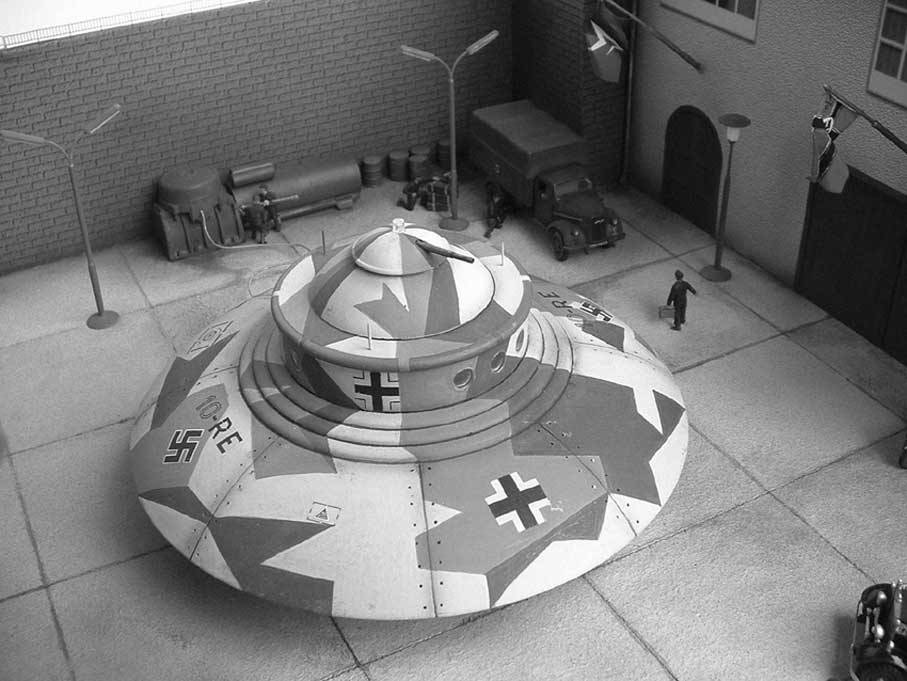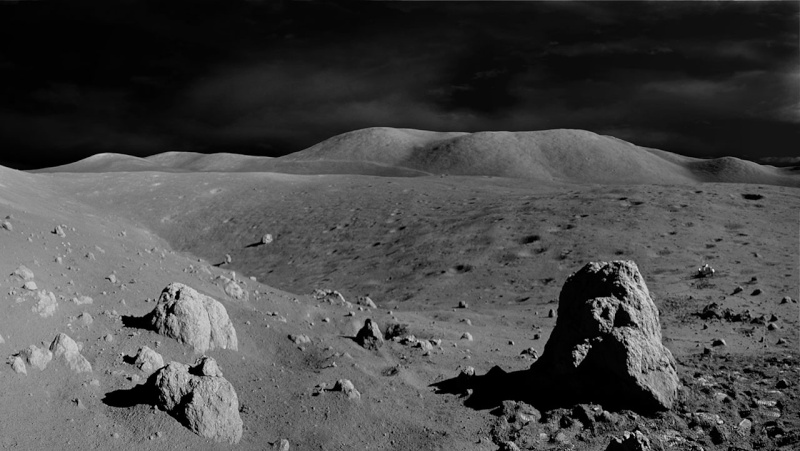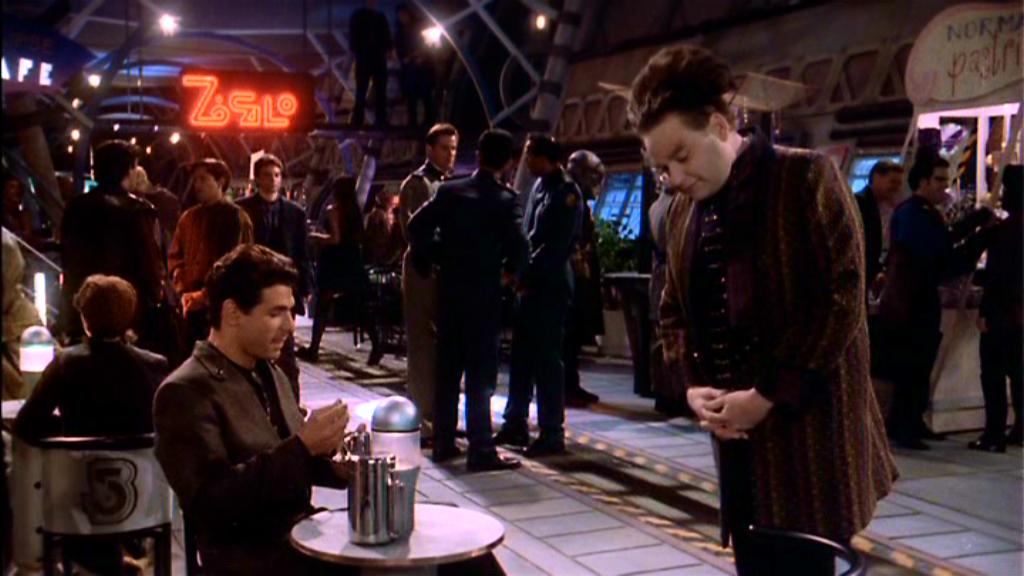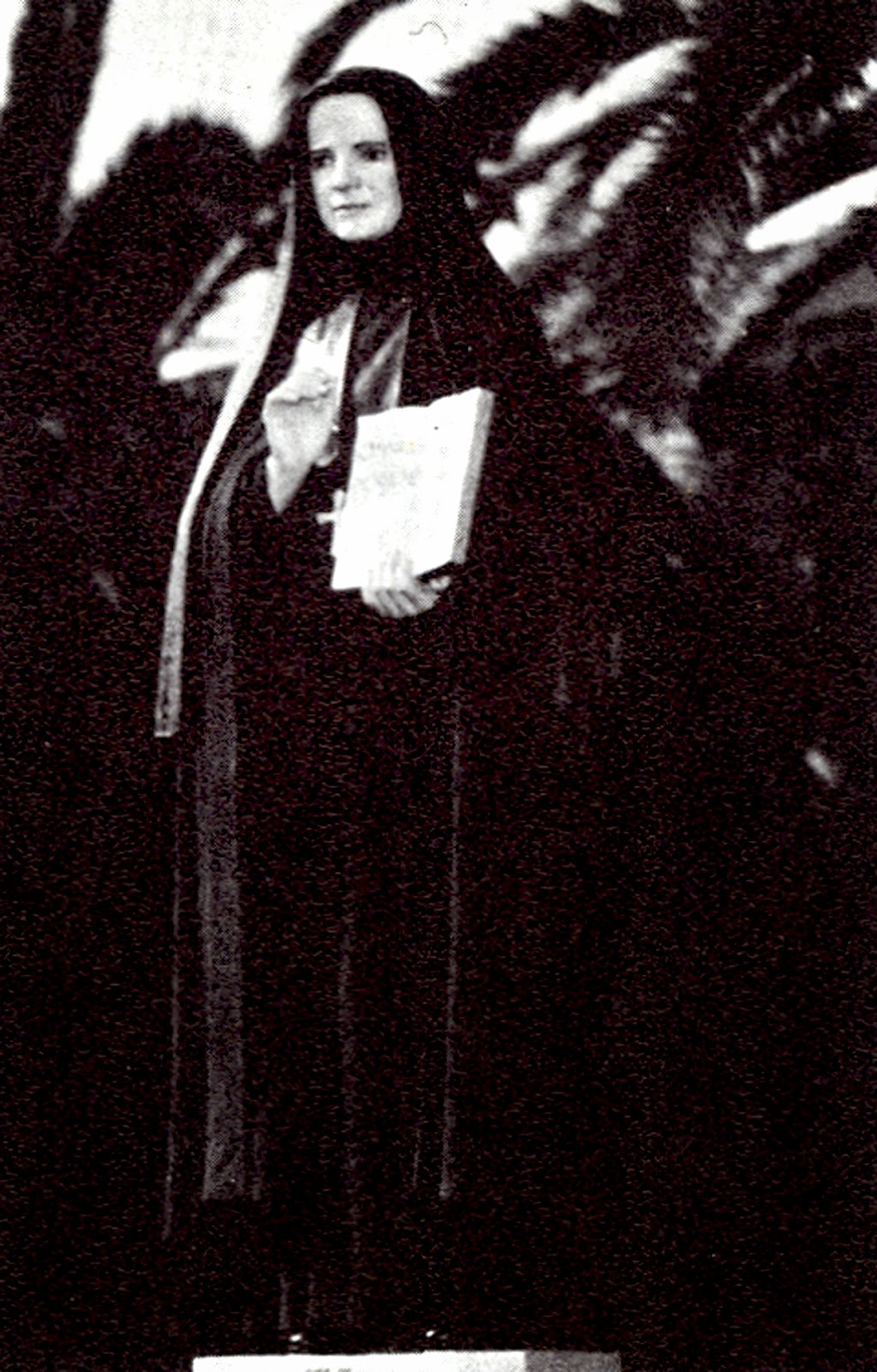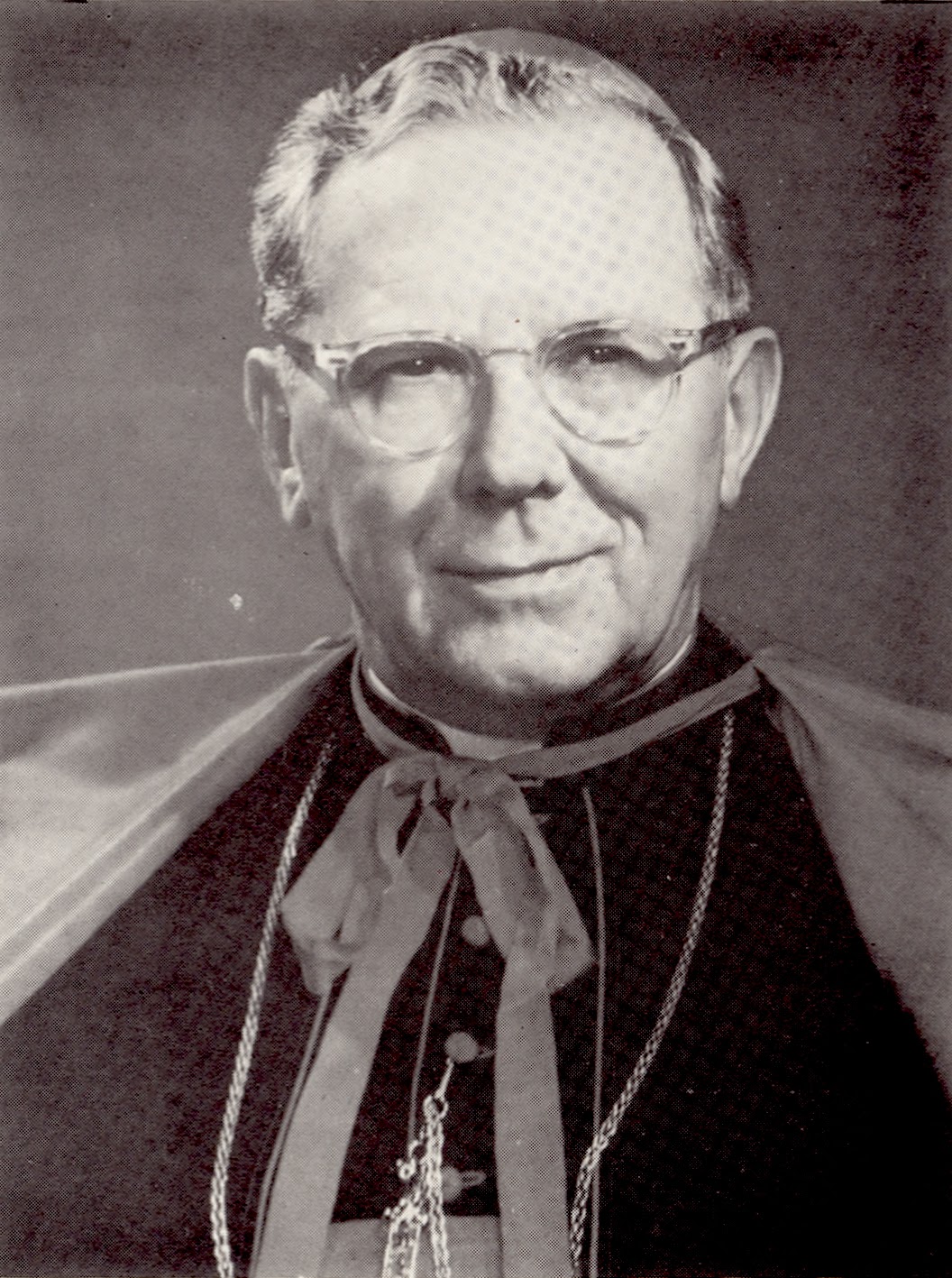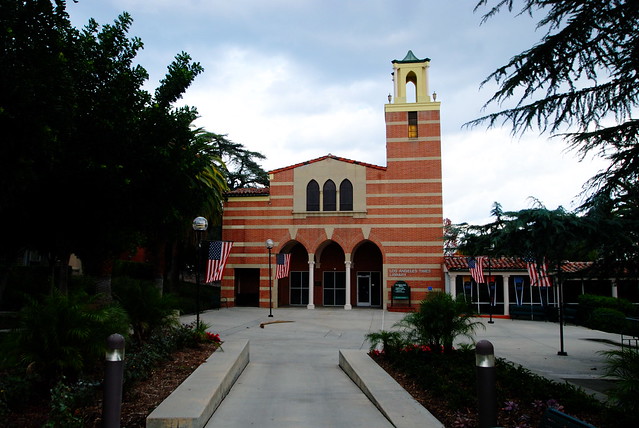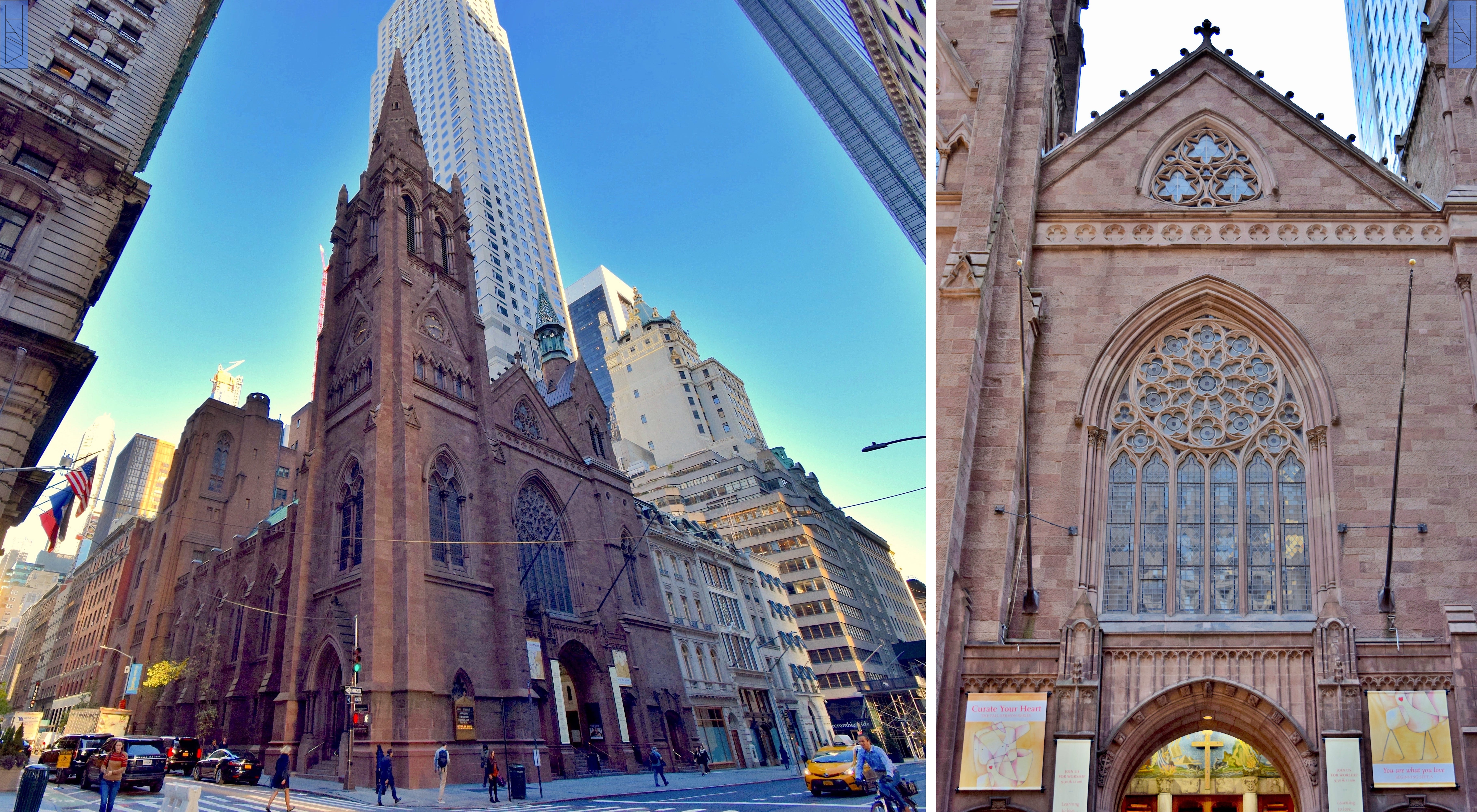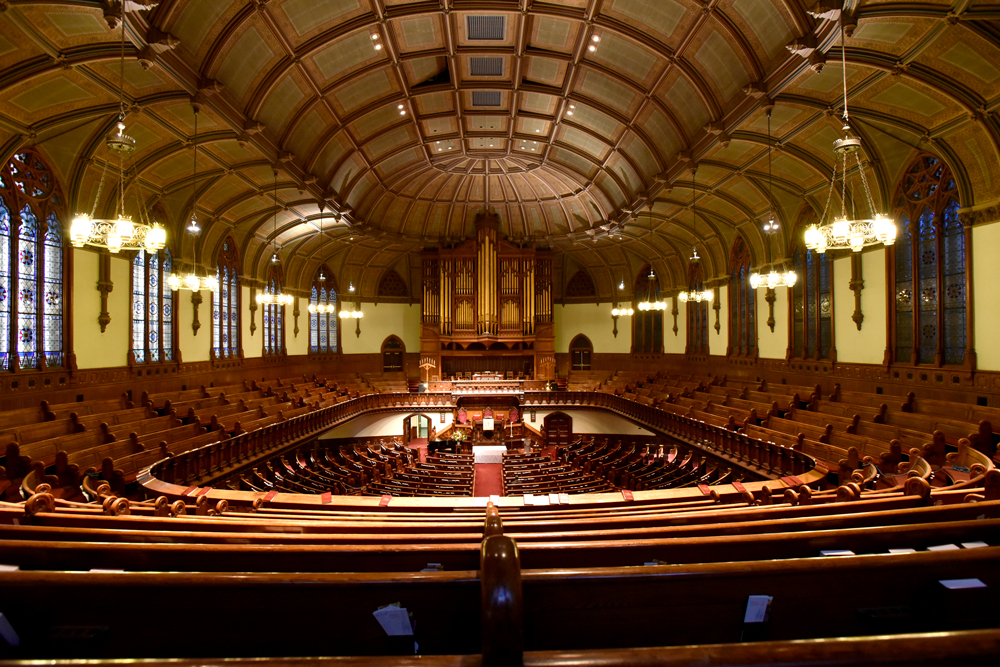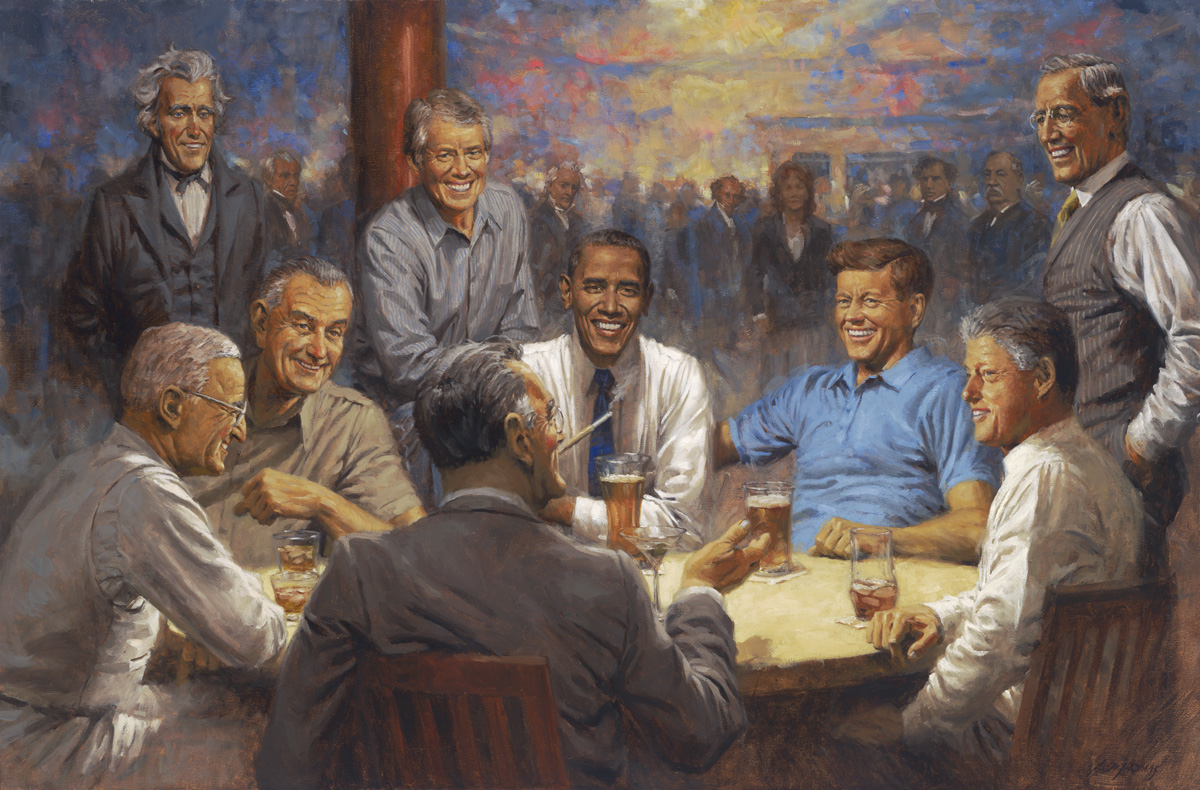


/bill-clinton-calls-senators-on-gatt-773523-58da95725f9b584683612ffd.jpg)




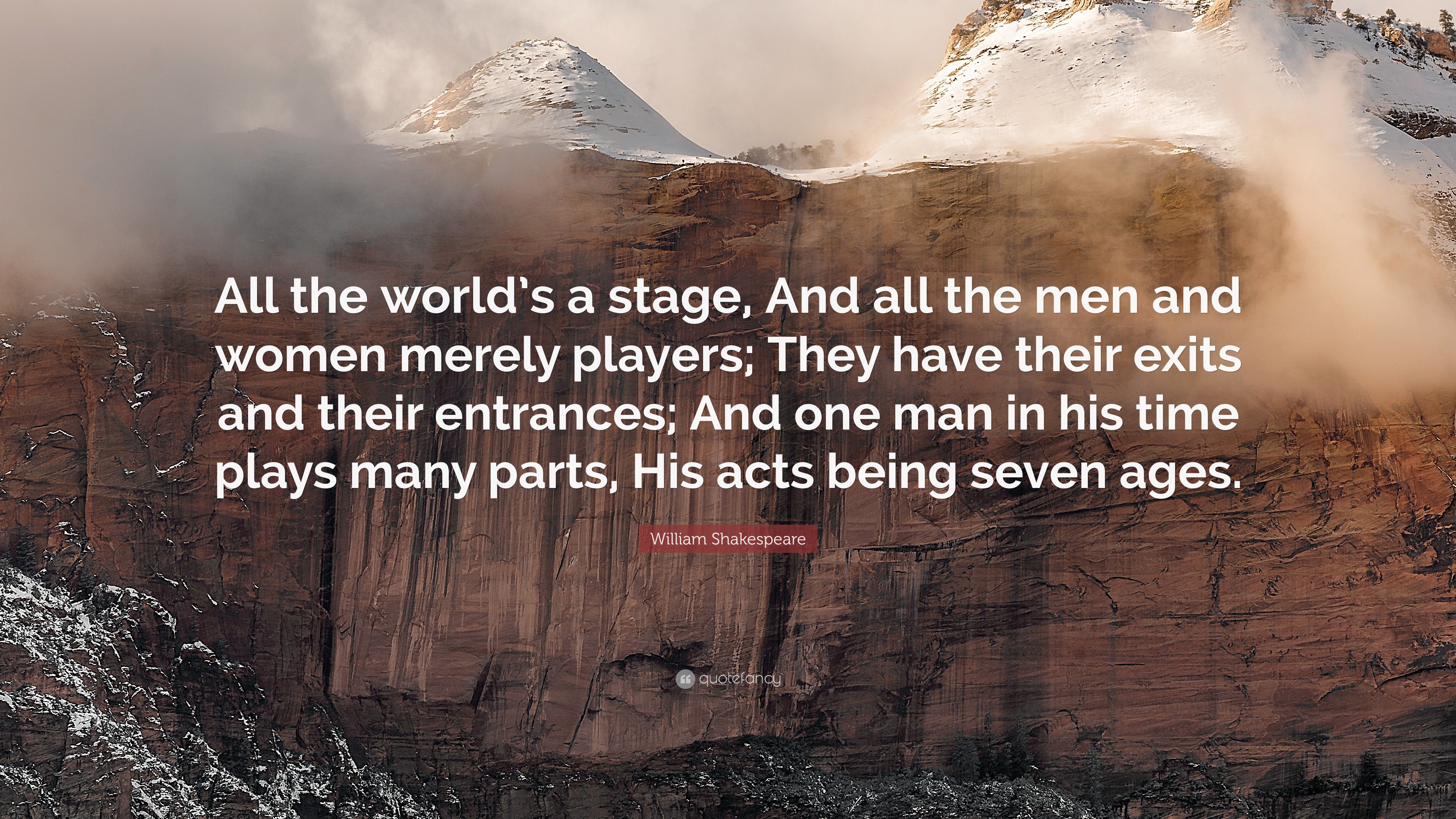

Carol wrote:
So-called President Joe Biden is holding his oval office appearances at the Castle Rock, Amazon Studios in Culver City, California.
The White House in Washington DC remains unoccupied. According to a colleague with a White House Press pass:
“The White House…press office and WH press contacts phone numbers have been disconnected, but I am still receiving forwarded emails from another server other than the White House. Also, the public comment line at the White House has been closed…this is just on the surface and is playing out to wake the sleepwalkers but I don’t see how they can keep up with this ruse for much longer.”
The so-called regime now “controlling” the United States has already proposed to other countries the idea of holding online meetings. In other words, it is just a matter of time before the leaders of other governments realize there is no physical Biden competent enough mentally for them to meet.

http://whiteestate.org/books/pk/pk.asp It was for the purpose of bringing the best gifts of Heaven to all the peoples of earth that God called Abraham out from his idolatrous kindred and bade him dwell in the land of Canaan. "I will make of thee a great nation," He said, "and I will bless thee, and make thy name great; and thou shalt be a blessing." Genesis 12:2. It was a high honor to which Abraham was called--that of being the father of the people who for centuries were to be the guardians and preservers of the truth of God to the world, the people through whom all the nations of the earth should be blessed in the advent of the promised Messiah.
Men had well-nigh lost the knowledge of the true God. Their minds were darkened by idolatry. For the divine statutes, which are "holy, and just, and good" (Romans 7: 12), men were endeavoring to substitute laws in harmony with the purposes of their own cruel, selfish hearts. Yet God in His mercy did not blot them out of existence. He purposed to give them opportunity for becoming acquainted with Him through His church. He designed that the principles revealed through His people should be the means of restoring the moral image of God in man.
God's law must be exalted, His authority maintained; and to the house of Israel was given this great and noble work. God separated them from the world, that He might commit to them a sacred trust. He made them the depositaries of His law, and He purposed through them to preserve among men the knowledge of Himself. Thus the light of heaven was to shine out to a world enshrouded in darkness, and a voice was to be heard appealing to all peoples to turn from idolatry to serve the living God.
"With great power, and with a mighty hand," God brought His chosen people out of the land of Egypt. Exodus 32:11. "He sent Moses His servant; and Aaron whom He had chosen. They showed His signs among them, and wonders in the land of Ham." "He rebuked the Red Sea also, and it was dried up: so He led them through the depths." Psalms 105:26,27;106:9. He rescued them from their servile state, that He might bring them to a good land, a land which in His providence He had prepared for them as a refuge from their enemies. He would bring them to Himself and encircle them in His everlasting arms; and in return for His goodness and mercy they were to exalt His name and make it glorious in the earth.
"The Lord's portion is His people; Jacob is the lot of His inheritance. He found him in a desert land, and in the waste howling wilderness; He led him about, He instructed him, He kept him as the apple of His eye. As an eagle stirreth up her nest, fluttereth over her young, spreadeth abroad her wings, taketh them, beareth them on her wings: so the Lord alone did lead him, and there was no strange god with him." Deuteronomy 32:9-12. Thus He brought the Israelites unto Himself, that they might dwell as under the shadow of the Most High. Miraculously preserved from the perils of the wilderness wandering, they were finally established in the Land of Promise as a favored nation.
By means of a parable, Isaiah has told with touching pathos the story of Israel's call and training to stand in the world as Jehovah's representatives, fruitful in every good work:
"Now will I sing to my well-beloved a song of my beloved touching His vineyard. My well-beloved hath a vineyard in a very fruitful hill: and He fenced it, and gathered out the stones thereof, and planted it with the choicest vine, and built a tower in the midst of it, and also made a wine press therein: and He looked that it should bring forth grapes." Isaiah 5:1,2.
Through the chosen nation, God had purposed to bring blessing to all mankind. "The vineyard of the Lord of hosts," the prophet declared, "is the house of Israel, and the men of Judah His pleasant plant." Isaiah 5:7.
To this people were committed the oracles of God. They were hedged about by the precepts of His law, the everlasting principles of truth, justice, and purity. Obedience to these principles was to be their protection, for it would save them from destroying themselves by sinful practices. And as the tower in the vineyard, God placed in the midst of the land His holy temple.
Christ was their instructor. As He had been with them in the wilderness, so He was still to be their teacher and guide. In the tabernacle and the temple His glory dwelt in the holy Shekinah above the mercy seat. In their behalf He constantly manifested the riches of His love and patience.
Through Moses the purpose of God was set before them and the terms of their prosperity made plain. "Thou art an holy people unto the Lord thy God," he said; "the Lord thy God hath chosen thee to be a special people unto Himself, above all people that are upon the face of the earth."
"Thou hast avouched the Lord this day to be thy God, and to walk in His ways, and to keep His statutes, and His commandments, and His judgments, and to hearken unto His voice: and the Lord hath avouched thee this day to be His peculiar people, as He hath promised thee, and that thou shouldest keep all His commandments; and to make thee high above all nations which He hath made, in praise, and in name, and in honor; and that thou mayest be an holy people unto the Lord thy God, as He hath spoken." Deuteronomy 7:6; 26:17-19.
The children of Israel were to occupy all the territory which God appointed them. Those nations that rejected the worship and service of the true God were to be dispossessed. But it was God's purpose that by the revelation of His character through Israel men should be drawn unto Him. To all the world the gospel invitation was to be given. Through the teaching of the sacrificial service, Christ was to be uplifted before the nations, and all who would look unto Him should live. All who, like Rahab the Canaanite and Ruth the Moabitess, turned from idolatry to the worship of the true God were to unite themselves with His chosen people. As the numbers of Israel increased, they were to enlarge their borders until their kingdom should embrace the world.
But ancient Israel did not fulfill God's purpose. The Lord declared, "I had planted thee a noble vine, wholly a right seed: how then art thou turned into the degenerate plant of a strange vine unto Me?" "Israel is an empty vine, he bringeth forth fruit unto himself." "And now, O inhabitants of Jerusalem, and men of Judah, judge, I pray you, betwixt Me and My vineyard. What could have been done more to My vineyard, that I have not done in it? Wherefore, when I looked that it should bring forth grapes, brought it forth wild grapes? And now go to; I will tell you what I will do to My vineyard: I will take away the hedge thereof, and it shall be eaten up; and break down the wall thereof, and it shall be trodden down: and I will lay it waste: it shall not be pruned, nor digged; but there shall come up briers and thorns: I will also command the clouds that they rain no rain upon it. For . . . He looked for judgment, but behold oppression; for righteousness, but behold a cry." Jeremiah 2:21; Hosea 10:1; Isaiah 5:3-7.
The Lord had through Moses set before His people the result of unfaithfulness. By refusing to keep His covenant, they would cut themselves off from the life of God, and His blessing could not come upon them. At times these warnings were heeded, and rich blessings were bestowed upon the Jewish nation and through them upon surrounding peoples. But more often in their history they forgot God and lost sight of their high privilege as His representatives. They robbed Him of the service He required of them, and they robbed their fellow men of religious guidance and a holy example. They desired to appropriate to themselves the fruits of the vineyard over which they had been made stewards. Their covetousness and greed caused them to be despised even by the heathen. Thus the Gentile world was given occasion to misinterpret the character of God and the laws of His kingdom.
With a father's heart, God bore with His people. He pleaded with them by mercies given and mercies withdrawn. Patiently He set their sins before them and in forbearance waited for their acknowledgment. Prophets and messengers were sent to urge His claim upon the husbandmen; but, instead of being welcomed, these men of discernment and spiritual power were treated as enemies. The husbandmen persecuted and killed them. God sent still other messengers, but they received the same treatment as the first, only that the husbandmen showed still more determined hatred.
The withdrawal of divine favor during the period of the Exile led many to repentance, yet after their return to the Land of Promise the Jewish people repeated the mistakes of former generations and brought themselves into political conflict with surrounding nations. The prophets whom God sent to correct the prevailing evils were received with the same suspicion and scorn that had been accorded the messengers of earlier times; and thus, from century to century, the keepers of the vineyard added to their guilt.
The goodly vine planted by the divine Husbandman upon the hills of Palestine was despised by the men of Israel and was finally cast over the vineyard wall; they bruised it and trampled it under their feet and hoped that they had destroyed it forever. The Husbandman removed the vine and concealed it from their sight. Again He planted it, but on the other side of the wall and in such a manner that the stock was no longer visible. The branches hung over the wall, and grafts might be joined to it; but the stem itself was placed beyond the power of men to reach or harm.
Of special value to God's church on earth today--the keepers of His vineyard--are the messages of counsel and admonition given through the prophets who have made plain His eternal purpose in behalf of mankind. In the teachings of the prophets, His love for the lost race and His plan for their salvation are clearly revealed. The story of Israel's call, of their successes and failures, of their restoration to divine favor, of their rejection of the Master of the vineyard, and of the carrying out of the plan of the ages by a goodly remnant to whom are to be fulfilled all the covenant promises--this has been the theme of God's messengers to His church throughout the centuries that have passed. And today God's message to His church--to those who are occupying His vineyard as faithful husbandmen--is none other than that spoken through the prophet of old:
"Sing ye unto her, A vineyard of red wine. I the Lord do keep it; I will water it every moment: lest any hurt it, I will keep it night and day." Isaiah 27:2, 3.
Let Israel hope in God. The Master of the vineyard is even now gathering from among men of all nations and peoples the precious fruits for which He has long been waiting. Soon He will come unto His own; and in that glad day His eternal purpose for the house of Israel will finally be fulfilled. "He shall cause them that come of Jacob to take root: Israel shall blossom and bud, and fill the face of the world with fruit." Verse 6.
http://whiteestate.org/books/pk/pk1.html In the reign of David and Solomon, Israel became strong among the nations and had many opportunities to wield a mighty influence in behalf of truth and the right. The name of Jehovah was exalted and held in honor, and the purpose for which the Israelites had been established in the Land of Promise bade fair of meeting with fulfillment. Barriers were broken down, and seekers after truth from the lands of the heathen were not turned away unsatisfied. Conversions took place, and the church of God on earth was enlarged and prospered.
Solomon was anointed and proclaimed king in the closing years of his father David, who abdicated in his favor. His early life was bright with promise, and it was God's purpose that he should go on from strength to strength, from glory to glory, ever approaching nearer the similitude of the character of God, and thus inspiring His people to fulfill their sacred trust as the depositaries of divine truth.
David knew that God's high purpose for Israel could be met only as rulers and people should seek with unceasing vigilance to attain to the standard placed before them. He knew that in order for his son Solomon to fulfill the trust with which God was pleased to honor him, the youthful ruler must be not merely a warrior, a statesman, and a sovereign, but a strong, good man, a teacher of righteousness, an example of fidelity.
With tender earnestness David entreated Solomon to be manly and noble, to show mercy and loving-kindness to his subjects, and in all his dealings with the nations of earth to honor and glorify the name of God and to make manifest the beauty of holiness. The many trying and remarkable experiences through which David had passed during his lifetime had taught him the value of the nobler virtues and led him to declare in his dying charge to Solomon: "He that ruleth over men must be just, ruling in the fear of God. And he shall be as the light of the morning, when the sun riseth, even a morning without clouds; as the tender grass springing out of the earth by clear shining after rain." 2 Samuel 23:3,4.
Oh, what an opportunity was Solomon's! Should he follow the divinely inspired instruction of his father, his reign would be a reign of righteousness, like that described in the seventy-second psalm:
"Give the king Thy judgments, O God,
And Thy righteousness unto the king's son.
He shall judge Thy people with righteousness,
And Thy poor with judgment. . . .
He shall come down like rain upon the mown grass:
As showers that water the earth.
In his days shall the righteous flourish;
And abundance of peace so long as the moon endureth.
He shall have dominion also from sea to sea,
And from the river unto the ends of the earth. . . .
The kings of Tarshish and of the isles shall bring presents:
The kings of Sheba and Seba shall offer gifts.
Yea, all kings shall fall down before him:
All nations shall serve him.
For he shall deliver the needy when he crieth;
The poor also, and him that hath no helper. . . .
Prayer also shall be made for him continually;
And daily shall he be praised. . . .
His name shall endure forever:
His name shall be continued as long as the sun:
And men shall be blessed in him:
All nations shall call him blessed.
"Blessed be the Lord God, the God of Israel,
Who only doeth wondrous things.
And blessed be His glorious name forever:
And let the whole earth be filled with His glory;
Amen, and Amen."
In his youth Solomon made David's choice his own, and for many years he walked uprightly, his life marked with strict obedience to God's commands. Early in his reign he went with his counselors of state to Gibeon, where the tabernacle that had been built in the wilderness still was, and there he united with his chosen advisers, "the captains of thousands and of hundreds," "the judges," and "every governor in all Israel, the chief of the fathers," in offering sacrifices to God and in consecrating themselves fully to the Lord's service. 2 Chronicles 1:2. Comprehending something of the magnitude of the duties connected with the kingly office, Solomon knew that those bearing heavy burdens must seek the Source of Wisdom for guidance, if they would fulfill their responsibilities acceptably. This led him to encourage his counselors to unite with him heartily in making sure of their acceptance with God.
Above every earthly good, the king desired wisdom and understanding for the accomplishment of the work God had given him to do. He longed for quickness of mind, for largeness of heart, for tenderness of spirit. That night the Lord appeared to Solomon in a dream and said, "Ask what I shall give thee." In his answer the young and inexperienced ruler gave utterance to his feeling of helplessness and his desire for aid. "Thou hast showed unto Thy servant David my father great mercy," he said, "according as he walked before Thee in truth, and in righteousness, and in uprightness of heart with Thee; and Thou hast kept for him this great kindness, that Thou hast given him a son to sit on his throne, as it is this day.
"And now, O Lord my God, Thou hast made Thy servant king instead of David my father: and I am but a little child: I know not how to go out or come in. And Thy servant is in the midst of Thy people which Thou hast chosen, a great people, that cannot be numbered nor counted for multitude. Give therefore Thy servant an understanding heart to judge Thy people, that I may discern between good and bad: for who is able to judge this Thy so great a people?
"And the speech pleased the Lord, that Solomon had asked this thing."
"Because this was in thine heart," God said to Solomon, "and thou hast not asked riches, wealth, or honor, nor the life of thine enemies, neither yet hast asked long life; but hast asked wisdom and knowledge for thyself, that thou mayest judge My people," "behold, I have done according to thy words: lo, I have given thee a wise and an understanding heart; so that there was none like thee before thee, neither after thee shall any arise like unto thee. And I have also given thee that which thou hast not asked, both riches, and honor," "such as none of the kings have had that have been before thee, neither shall there any after thee have the like."
"And if thou wilt walk in My ways, to keep My statutes and My commandments, as thy father David did walk, then I will lengthen thy days." 1 Kings 3:5-14; 2 Chronicles 1:7-12.
God promised that as He had been with David, so He would be with Solomon. If the king would walk before the Lord in uprightness, if he would do what God had commanded him, his throne would be established and his reign would be the means of exalting Israel as "a wise and understanding people," the light of the surrounding nations. Deuteronomy 4:6.
The language used by Solomon while praying to God before the ancient altar at Gibeon reveals his humility and his strong desire to honor God. He realized that without divine aid he was as helpless as a little child to fulfill the responsibilities resting on him. He knew that he lacked discernment, and it was a sense of his great need that led him to seek God for wisdom. In his heart there was no selfish aspirations for a knowledge that would exalt him above others. He desired to discharge faithfully the duties devolving upon him, and he chose the gift that would be the means of causing his reign to bring glory to God. Solomon was never so rich or so wise or so truly great as when he confessed, "I am but a little child: I know not how to go out or come in."
Those who today occupy positions of trust should seek to learn the lesson taught by Solomon's prayer. The higher the position a man occupies, the greater the responsibility that he has to bear, the wider will be the influence that he exerts and the greater his need of dependence on God. Ever should he remember that with the call to work comes the call to walk circumspectly before his fellow men. He is to stand before God in the attitude of a learner. Position does not give holiness of character. It is by honoring God and obeying His commands that a man is made truly great.
The God whom we serve is no respecter of persons. He who gave to Solomon the spirit of wise discernment is willing to impart the same blessing to His children today. "If any of you lack wisdom," His word declares, "let him ask of God, the giveth to all men liberally, and upbraideth not; and it shall be given him." James 1:5. When a burden bearer desires wisdom more than he desires wealth, power, or fame, he will not be disappointed. Such a one will learn from the Great Teacher not only what to do, but how to do it in a way that will meet with the divine approval.
So long as he remains consecrated, the man whom God has endowed with discernment and ability will not manifest an eagerness for high position, neither will he seek to rule or control. Of necessity men must bear responsibilities; but instead of striving for the supremacy, he who is a true leader will pray for an understanding heart, to discern between good and evil.
The path of men who are placed as leaders is not an easy one. But they are to see in every difficulty a call to prayer. Never are they to fail of consulting the great Source of all wisdom. Strengthened and enlightened by the Master Worker, they will be enabled to stand firm against unholy influences and to discern right from wrong, good from evil. They will approve that which God approves, and will strive earnestly against the introduction of wrong principles into His cause.
The wisdom that Solomon desired above riches, honor, or long life, God gave him. His petition for a quick mind, a large heart, and a tender spirit was granted. "God gave Solomon wisdom and understanding exceeding much, and largeness of heart, even as the sand that is on the seashore. And Solomon's wisdom excelled the wisdom of all the children of the east country, and all the wisdom of Egypt. For he was wiser than all men; . . . and his fame was in all nations round about." 1 Kings 4:29-31.
"And all Israel . . . feared the king: for they saw that the wisdom of God was in him, to do judgment." I Kings 3:28. The hearts of the people were turned toward Solomon, as they had been toward David, and they obeyed him in all things. "Solomon . . . was strengthened in his kingdom, and the Lord his God was with him, and magnified him exceedingly." 2 Chronicles 1:1.
For many years Solomon's life was marked with devotion to God, with uprightness and firm principle, and with strict obedience to God's commands. He directed in every important enterprise and managed wisely the business matters connected with the kingdom. His wealth and wisdom, the magnificent buildings and public works that he constructed during the early years of his reign, the energy, piety, justice, and magnanimity that he revealed in word and deed, won the loyalty of his subjects and the admiration and homage of the rulers of many lands.
The name of Jehovah was greatly honored during the first part of Solomon's reign. The wisdom and righteousness revealed by the king bore witness to all nations of the excellency of the attributes of the God whom he served. For a time Israel was as the light of the world, showing forth the greatness of Jehovah. Not in the surpassing wisdom, the fabulous riches, the far-reaching power and fame that were his, lay the real glory of Solomon's early reign; but in the honor that he brought to the name of the God of Israel through a wise use of the gifts of Heaven.
As the years went by and Solomon's fame increased, he sought to honor God by adding to his mental and spiritual strength, and by continuing to impart to others the blessings he received. None understood better than he that it was through the favor of Jehovah that he had come into possession of power and wisdom and understanding, and that these gifts were bestowed that he might give to the world a knowledge of the King of kings.
Solomon took an especial interest in natural history, but his researchers were not confined to any one branch of learning. Through a diligent study of all created things, both animate and inanimate, he gained a clear conception of the Creator. In the forces of nature, in the mineral and the animal world, and in every tree and shrub and flower, he saw a revelation of God's wisdom; and as he sought to learn more and more, his knowledge of God and his love for Him constantly increased.
Solomon's divinely inspired wisdom found expression in songs of praise and in many proverbs. "He spake three thousand proverbs: and his songs were a thousand and five. And he spake of trees, from the cedar tree that is in Lebanon even unto the hyssop that springeth out of the wall: he spake also of beasts, and of fowl, and of creeping things, and of fishes." 1 Kings 4:32, 33.
In the proverbs of Solomon are outlined principles of holy living and high endeavor, principles that are heaven-born and that lead to godliness, principles that should govern every act of life. It was the wide dissemination of these principles, and the recognition of God as the One to whom all praise and honor belong, that made Solomon's early reign a time of moral uplift as well as of material prosperity.
"Happy is the man that findeth wisdom," he wrote, "and the man that getteth understanding. For the merchandise of it is better than the merchandise of silver, and the gain thereof than fine gold. She is more precious than rubies: and all things thou canst desire are not to be compared unto her. Length of days is in her right hand; and in her left hand riches and honor. Her ways are ways of pleasantness, and all her paths are peace. She is a tree of life to them that lay hold upon her: and happy is every one that retaineth her." Proverbs 3:13-18.
"Wisdom is the principal thing; therefore get wisdom: and with all thy getting get understanding." Proverbs 4:7. "The fear of the Lord is the beginning of wisdom." Psalm 111:10. "The fear of the Lord is to hate evil: pride, and arrogancy, and the evil way, and the froward mouth, do I hate." Proverbs 8:13.
O that in later years Solomon had heeded these wonderful words of wisdom! O that he who had declared, "The lips of the wise disperse knowledge" (Proverbs 15:17), and who had himself taught the kings of the earth to render to the King of kings the praise they desired to give to an earthly ruler, had never with a "froward mouth," in "pride and arrogancy," taken to himself the glory due to God alone!
http://whiteestate.org/books/pk/pk2.html The long-cherished plan of David to erect a temple to the Lord, Solomon wisely carried out. For seven years Jerusalem was filled with busy workers engaged in leveling the chosen site, in building vast retaining walls, in laying broad foundations,--"great stones, costly stones, and hewed stones,"--in shaping the heavy timbers brought from the Lebanon forests, and in erecting the magnificent sanctuary. 1 Kings 5:17.
Simultaneously with the preparation of wood and stone, to which task many thousands were bending their energies, the manufacture of the furnishings for the temple was steadily progressing under the leadership of Hiram of Tyre, "a cunning man, endued with understanding, . . . skillful to work in gold, and in silver, in brass, in iron, in stone, and in timber, in purple, in blue, and in fine linen, and in crimson." 2 Chronicles 2:13, 14.
Thus as the building on Mount Moriah was noiselessly upreared with "stone made ready before it was brought thither: so that there was neither hammer nor ax nor any tool of iron heard in the house, while it was in building," the beautiful fittings were perfected according to the patterns committed by David to his son, "all the vessels that were for the house of God." 1 King 6:7;2 Chronicles 4:19. These included the altar of incense, the table of shewbread, the candlestick and lamps, with the vessels and instruments connected with the ministrations of the priests in the holy place, all "of gold, and that perfect gold." 2 Chronicles 4:21. The brazen furniture,--the altar of burnt offering, the great laver supported by twelve oxen, the lavers of smaller size, with many other vessels,--"in the plain of Jordan did the king cast them, in the clay ground between Succoth and Zeredathah." 2 Chronicles 4:17. These furnishings were provided in abundance, that there should be no lack.
Of surpassing beauty and unrivaled splendor was the palatial building which Solomon and his associates erected for God and His worship. Garnished with precious stones, surrounded by spacious courts with magnificent approaches, and lined with carved cedar and burnished gold, the temple structure, with its broidered hangings and rich furnishings, was a fit emblem of the living church of God on earth, which through the ages has been building in accordance with the divine pattern, with materials that have been likened to "gold, silver, precious stones," "polished after the similitude of a palace." 1 Corinthians 3:12; Psalm 144:12. Of this spiritual temple Christ is "the chief Cornerstone; in whom all the building fitly framed together groweth unto an holy temple in the Lord." Ephesians 2:20, 21.
At last the temple planned by King David, and built by Solomon his son, was completed. "All that came into Solomon's heart to make in the house of the Lord," he had "prosperously effected." 2 Chronicles 7:11. And now, in order that the palace crowning the heights of Mount Moriah might indeed be, as David had so much desired, a dwelling place "not for man, but for the Lord God" (1 Chronicles 29:1), there remained the solemn ceremony of formally dedicating it to Jehovah and His worship.
The spot on which the temple was built had long been regarded as a consecrated place. It was here that Abraham, the father of the faithful, had revealed his willingness to sacrifice his only son in obedience to the command of Jehovah. Here God had renewed with Abraham the covenant of blessing, which included the glorious Messianic promise to the human race of deliverance through the sacrifice of the Son of the Most High. See Genesis 22:9, 16:18. Here it was that when David offered burnt offerings and peace offerings to stay the avenging sword of the destroying angel, God had answered him by fire from heaven. See 1 Chronicles 21. And now once more the worshipers of Jehovah were here to meet their God and renew their vows of allegiance to Him.
The time chosen for the dedication was a most favorable one--the seventh month, when the people from every part of the kingdom were accustomed to assemble at Jerusalem to celebrate the Feast of Tabernacles. This feast was preeminently an occasion of rejoicing. The labors of the harvest being ended and the toils of the new year not yet begun, the people were free from care and could give themselves up to the sacred, joyous influences of the hour.
At the appointed time the hosts of Israel, with richly clad representatives from many foreign nations, assembled in the temple courts. The scene was one of unusual splendor. Solomon, with the elders of Israel and the most influential men among the people, had returned from another part of the city, whence they had brought the ark of the testament. From the sanctuary on the heights of Gibeon had been transferred the ancient "tabernacle of the congregation, and all the holy vessels that were in the tabernacle" (2 Chronicles 5:5); and these cherished reminders of the earlier experiences of the children of Israel during their wanderings in the wilderness and their conquest of Canaan, now found a permanent home in the splendid building that had been erected to take the place of the portable structure.
In bringing to the temple the sacred ark containing the two tables of stone on which were written by the finger of God the precepts of the Decalogue, Solomon had followed the example of his father David. Every six paces he sacrificed. With singing and with music and with great ceremony, "the priests brought in the ark of the covenant of the Lord unto his place, to the oracle of the house, into the most holy place." Verse 7. As they came out of the inner sanctuary, they took the positions assigned them. The singers --Levites arrayed in white linen, having cymbals and psalteries and harps--stood at the east end of the altar, and with them a hundred and twenty priests sounding with trumpets. See verse 12.
"It came even to pass, as the trumpeters and singers were as one, to make one sound to be heard in praising and thanking the Lord; and when they lifted up their voice with the trumpets and cymbals and instruments of music, and praised the Lord, saying, For He is good; for His mercy endureth forever: that then the house was filled with a cloud, even the house of the Lord; so that the priests could not stand to minister by reason of the cloud: for the glory of the Lord had filled the house of God." Verses 13,14.
Realizing the significance of this cloud, Solomon declared: "The Lord hath said that He would dwell in the thick darkness. But I have built an house of habitation for Thee, and a place for Thy dwelling forever." 2 Chronicles 6:1,2.
"The Lord reigneth;
Let the people tremble:
He sitteth between the cherubims;
Let the earth be moved.
"The Lord is great in Zion;
And He is high above all the people.
Let them praise Thy great and terrible name;
For it is holy. . . .
"Exalt ye the Lord our God,
And worship at His footstool;
For He is holy."
Psalm 99:1-5.
"In the midst of the court" of the temple had been erected "a brazen scaffold," or platform, "five cubits long, and five cubits broad, and three cubits high." Upon this Solomon stood and with uplifted hands blessed the vast multitude before him. "And all the congregation of Israel stood." 2 Chronicles 6:13,3.
"Blessed be the Lord God of Israel," Solomon exclaimed, "who hath with His hands fulfilled that which He spake with His mouth to my father David, saying, . . . I have chosen Jerusalem, that My name might be there." Verses 4-6.
Solomon then knelt upon the platform, and in the hearing of all the people offered the dedicatory prayer. Lifting his hands toward heaven, while the congregation were bowed with their faces to the ground, the king pleaded: "Lord God of Israel, there is no God like Thee in the heaven, nor in the earth; which keepest covenant, and showest mercy unto Thy servants, that walk before Thee with all their heart."
"Will God in very deed dwell with men on the earth? Behold, heaven and the heaven of heavens cannot contain Thee; how much less this house which I have built? Have respect therefore to the prayer of Thy servant, and to his supplication, O Lord my God, to hearken unto the cry and the prayer which Thy servant prayeth before Thee: that Thine eyes may be open upon this house day and night, upon the place whereof Thou hast said that Thou wouldest put Thy name there; to hearken unto the prayer which Thy servant prayeth toward this place. Hearken therefore unto the supplications of Thy servant, and of Thy people Israel, which they shall make toward this place: hear Thou from Thy dwelling place, even from heaven; and when Thou hearest, forgive. . . .
"If Thy people Israel be put to the worse before the enemy, because they have sinned against Thee; and shall return and confess Thy name, and pray and make supplication before Thee in this house; then hear Thou from the heavens, and forgive the sin of Thy people Israel, and bring them again unto the land which Thou gavest to them and to their fathers.
"When the heaven is shut up, and there is no rain, because they have sinned against Thee; yet if they pray toward this place, and confess Thy name, and turn from their sin, when Thou dost afflict them; then hear Thou from heaven, and forgive the sin of Thy servants, and of Thy people Israel, when Thou hast taught them the good way, wherein they should walk; and send rain upon Thy land, which Thou hast given unto Thy people for an inheritance.
"If there be dearth in the land, if there be pestilence, if there be blasting, or mildew, locusts, or caterpillars; if their enemies besiege them in the cities of their land; whatsoever sore or whatsoever sickness there be: then what prayer or what supplication soever shall be made of any man, or of all Thy people Israel, when everyone shall know his own sore and his own grief, and shall spread forth his hands in his house: then hear Thou from heaven Thy dwelling place, and forgive, and render unto every man according unto all his ways, whose heart Thou knowest; . . . that they may fear Thee, to walk in Thy ways, so long as they live in the land which Thou gavest unto our fathers.
"Moreover concerning the stranger, which is not of Thy people Israel, but is come from a far country for Thy great name's sake, and Thy mighty hand, and Thy stretched-out arm; if they come and pray in this house; then hear Thou from the heavens, even from Thy dwelling place, and do according to all that the stranger calleth to Thee for; that all people of the earth may know Thy name, and fear Thee, as doth Thy people Israel, and may know that this house which I have built is called by Thy name.
"If Thy people go out to war against their enemies by the way that Thou shalt send them, and they pray unto Thee toward this city which Thou hast chosen, and the house which I have built for Thy name; then hear Thou from the heavens their prayer and their supplication, and maintain their cause.
"If they sin against Thee, (for there is no man which sinneth not,) and Thou be angry with them, and deliver them over before their enemies, and they carry them away captives unto a land far off or near; yet if they bethink themselves in the land whither they are carried captive, and turn and pray unto Thee in the land of their captivity, saying, We have sinned, we have done amiss, and have dealt wickedly; if they return to Thee with all their heart and with all their soul in the land of their captivity, whither they have carried them captives, and pray toward their land, which Thou gavest unto their fathers, and toward the city which Thou hast chosen, and toward the house which I have built for Thy name: then hear Thou from the heavens, even from Thy dwelling place, their prayer and their supplications, and maintain their cause, and forgive Thy people which have sinned against Thee.
"Now, my God, let, I beseech Thee, Thine eyes be open, and let Thine ears be attent unto the prayer that is made in this place. Now therefore arise, O Lord God, into Thy resting place, Thou, and the ark of Thy strength: let Thy priests, O Lord God, be clothed with salvation, and let Thy saints rejoice in goodness. O Lord God, turn not away the face of Thine anointed: remember the mercies of David Thy servant." Verses 14:42.
As Solomon ended his prayer, "fire came down from heaven, and consumed the burnt offering and the sacrifices." The priests could not enter the temple because "the glory of the Lord had filled the Lord's house." "When all the children of Israel saw . . . the glory of the Lord upon the house, they bowed themselves with their faces to the ground upon the pavement, and worshiped, and praised the Lord, saying, For He is good; for His mercy endureth forever."
Then king and people offered sacrifices before the Lord. "So the king and all the people dedicated the house of God." 2 Chronicles 7:1-5. For seven days the multitudes from every part of the kingdom, from the borders "of Hamath unto the river of Egypt," "a very great congregation," kept a joyous feast. The week following was spent by the happy throng in observing the Feast of Tabernacles. At the close of the season of reconsecration and rejoicing the people returned to their homes, "glad and merry in heart for the goodness that the Lord had showed unto David, and to Solomon, and to Israel His people." Verses 8,10.
The king had done everything within his power to encourage the people to give themselves wholly to God and His service, and to magnify His holy name. And now once more, as at Gibeon early in his reign, Israel's ruler was given evidence of divine acceptance and blessing. In a night vision the Lord appeared to him with the message: "I have heard thy prayer, and have chosen this place to Myself for an house of sacrifice. If I shut up heaven that there be no rain, or if I command the locusts to devour the land, or if I send pestilence among My people; if My people, which are called by My name, shall humble themselves, and pray, and seek My face, and turn from their wicked ways; then will I hear from heaven, and will forgive their sin, and will heal their land. Now Mine eyes shall be open, and Mine ears attent unto the prayer that is made in this place. For now have I chosen and sanctified this house, that My name may be there forever: and Mine eyes and Mine heart shall be there perpetually." Verses 12-16.
Had Israel remained true to God, this glorious building would have stood forever, a perpetual sign of God's especial favor to His chosen people. "The sons of the stranger," God declared, "that join themselves to the Lord, to serve Him, and to love the name of the Lord, to be His servants, everyone that keepeth the Sabbath from polluting it, and taketh hold of My covenant; even them will I bring to My holy mountain, and make them joyful in My house of prayer: their burnt offerings and their sacrifices shall be accepted upon Mine altar; for Mine house shall be called an house of prayer for all people." Isaiah 56:6, 7.
In connection with these assurances of acceptance, the Lord made very plain the path of duty before the king. "As for thee," He declared, "if thou wilt walk before Me, as David thy father walked, and do according to all that I have commanded thee, and shalt observe My statutes and My judgments; then will I establish the throne of thy kingdom, according as I have covenanted with David thy father, saying, There shall not fail thee a man to be ruler in Israel." 2 Chronicles 7:17, 18.
Had Solomon continued to serve the Lord in humility, his entire reign would have exerted a powerful influence for good over the surrounding nations, nations that had been so favorably impressed by the reign of David his father and by the wise words and the magnificent works of the earlier years of his own reign. Foreseeing the terrible temptations that attend prosperity and worldly honor, God warned Solomon against the evil of apostasy and foretold the awful results of sin. Even the beautiful temple that had just been dedicated, He declared, would become "a proverb and a byword among all nations" should the Israelites forsake "the Lord God of their fathers" and persist in idolatry. Verses 20, 22.
Strengthened in heart and greatly cheered by the message from heaven that his prayer in behalf of Israel had been heard, Solomon now entered upon the most glorious period of his reign, when "all the kings of the earth" began to seek his presence, "to hear his wisdom, that God had put in his heart." 2 Chronicles 9:23. Many came to see the manner of his government and to receive instruction regarding the conduct of difficult affairs.
As these people visited Solomon, he taught them of God as the Creator of all things, and they returned to their homes with clearer conceptions of the God of Israel and of His love for the human race. In the works of nature they now beheld an expression of His love and a revelation of His character; and many were led to worship Him as their God.
The humility of Solomon at the time he began to bear the burdens of state, when he acknowledged before God, "I am but a little child" (1 Kings 3"7), his marked love of God, his profound reverence for things divine, his distrust of self, and his exaltation of the infinite Creator of all--all these traits of character, so worthy of emulation, were revealed during the services connected with the completion of the temple, when during his dedicatory prayer he knelt in the humble position of a petitioner. Christ's followers today should guard against the tendency to lose the spirit of reverence and godly fear. The Scriptures teach men how they should approach their Maker--with humility and awe, through faith in a divine Mediator. The psalmist has declared:
"The Lord is a great God,
And a great King above all gods. . . .
O come, let us worship and bow down:
Let us kneel before the Lord our Maker."
Psalm 95:3-6.
Both in public and in private worship it is our privilege to bow on our knees before God when we offer our petitions to Him. Jesus, our example, "kneeled down, and prayed." Luke 22:41. Of his disciples it is recorded that they, too, "kneeled down, and prayed." Acts 9:40. Paul declared, "I bow my knees unto the Father of our Lord Jesus Christ." Ephesians 3:14. In confessing before God the sins of Israel, Ezra knelt. See Ezra 9:5. Daniel "kneeled upon his knees three times a day, and prayed, and gave thanks before his God." Daniel 6:10.
True reverence for God is inspired by a sense of His infinite greatness and a realization of His presence. With this sense of the Unseen, every heart should be deeply impressed. The hour and place of prayer are sacred, because God is there. And as reverence is manifested in attitude and demeanor, the feeling that inspires it will be deepened. "Holy and reverend is His name," the psalmist declares. Psalm 111:9. Angels, when they speak that name, veil their faces. With what reverence, then, should we, who are fallen and sinful, take it upon our lips!
Well would it be for old and young to ponder those words of Scripture that show how the place marked by God's special presence should be regarded. "Put off thy shoes from off thy feet," He commanded Moses at the burning bush, "for the place whereon thou standest is holy ground." Exodus 3:5. Jacob, after beholding the vision of the angel, exclaimed, "The Lord is in this place; and I knew it not. . . . This is none other but the house of God, and this is the gate of heaven." Genesis 28:16, 17.
In that which was said during the dedicatory services, Solomon had sought to remove from the minds of those present the superstitions in regard to the Creator, that had beclouded the minds of the heathen. The God of heaven is not, like the gods of the heathen, confined to temples made with hands; yet He would meet with His people by His Spirit when they should assemble at the house dedicated to His worship.
Centuries later Paul taught the same truth in the words: "God that made the world and all things therein, seeing that He is Lord of heaven and earth, dwelleth not in temples made with hands; neither is worshiped with men's hands, as though He needed anything, seeing He giveth to all life, and breath, and all things; . . . that they should seek the Lord, if haply they might feel after Him, and find Him, though He be not far from every one of us: for in Him we live, and move, and have our being." Acts 17:24-28.
"Blessed is the nation whose God is the Lord;
And the people whom He hath chosen for His own
inheritance.
The Lord looketh from heaven;
He beholdeth all the sons of men.
From the place of His habitation
He looketh upon all the inhabitants of the earth."
"The Lord hath prepared His throne in the heavens;
And His kingdom ruleth over all."
"Thy way, O God, is in the sanctuary:
Who is so great a God as our God?
Thou art the God that doest wonders:
Thou hast declared Thy strength among the people."
Psalms 33:12-14; 103:19;77:13,14.
Although God dwells not in temples made with hands, yet He honors with His presence the assemblies of His people. He has promised that when they come together to seek Him, to acknowledge their sins, and to pray for one another, He will meet with them by His Spirit. But those who assemble to worship Him should put away every evil thing. Unless they worship Him in spirit and truth and in the beauty of holiness, their coming together will be of no avail. Of such the Lord declares, "This people draweth nigh unto Me with their mouth, and honoreth Me with their lips; but their heart is far from Me." Matthew 15:8,9. Those who worship God must worship Him "in spirit and in truth: for the Father seeketh such to worship Him." John 4:23.
"The Lord is in His holy temple: let all the earth keep silence before Him." Habakkuk 2:20.



Last edited by orthodoxymoron on Sun Feb 28, 2021 5:29 am; edited 16 times in total



















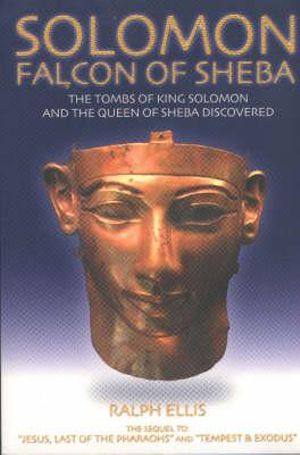

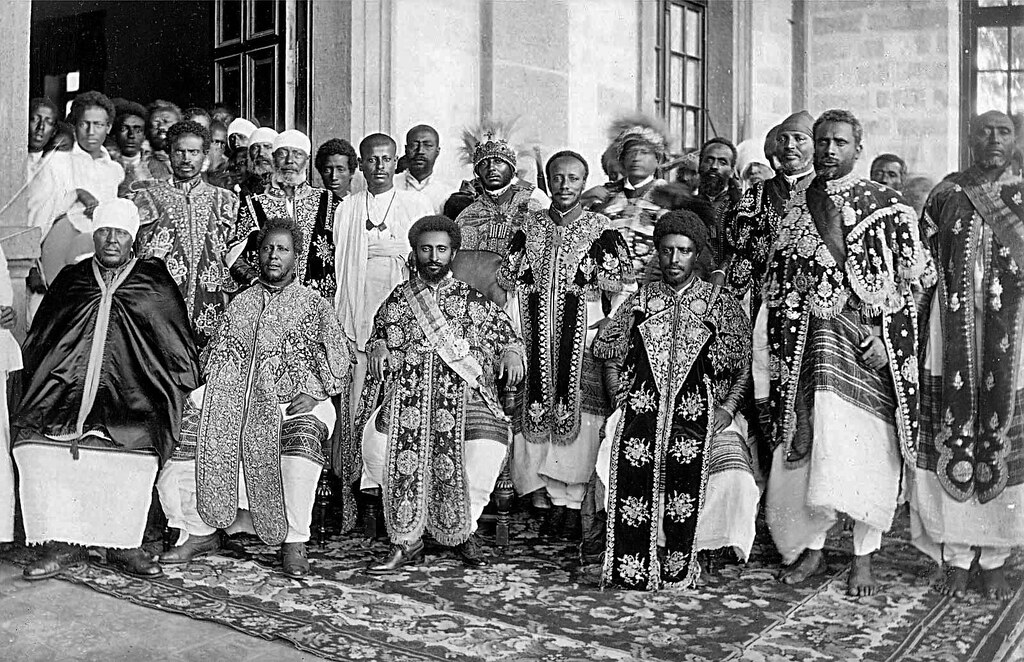













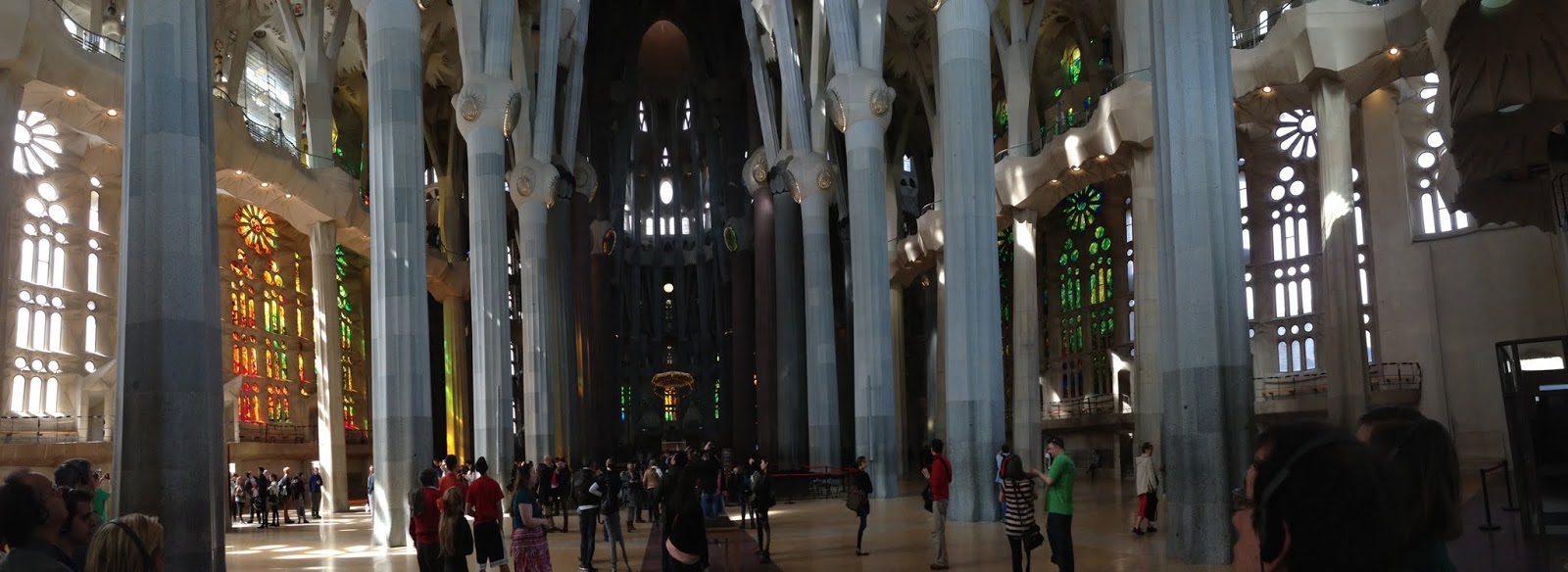





















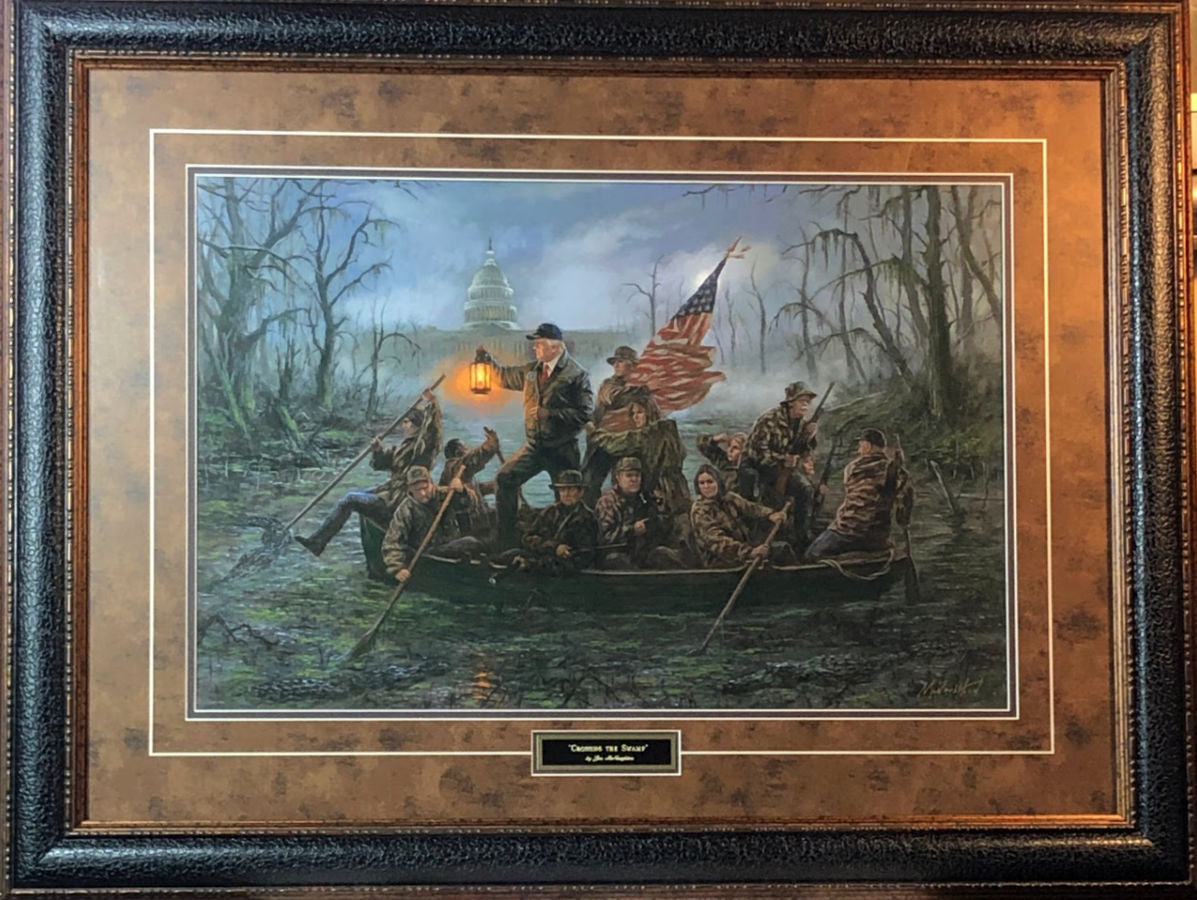


























 (Yeah, yeah, 'opinions are like a-holes, everybody's got one'.)
(Yeah, yeah, 'opinions are like a-holes, everybody's got one'.) At present, we're in a quiet forum as far as member involvement goes. You could join a different forum with more active members and then they will pounce on you. It can get a bit much -- trust me. Sometimes, quiet is nice. But, like you, I could do with a few more voices around here.
At present, we're in a quiet forum as far as member involvement goes. You could join a different forum with more active members and then they will pounce on you. It can get a bit much -- trust me. Sometimes, quiet is nice. But, like you, I could do with a few more voices around here. ).
). 






















































